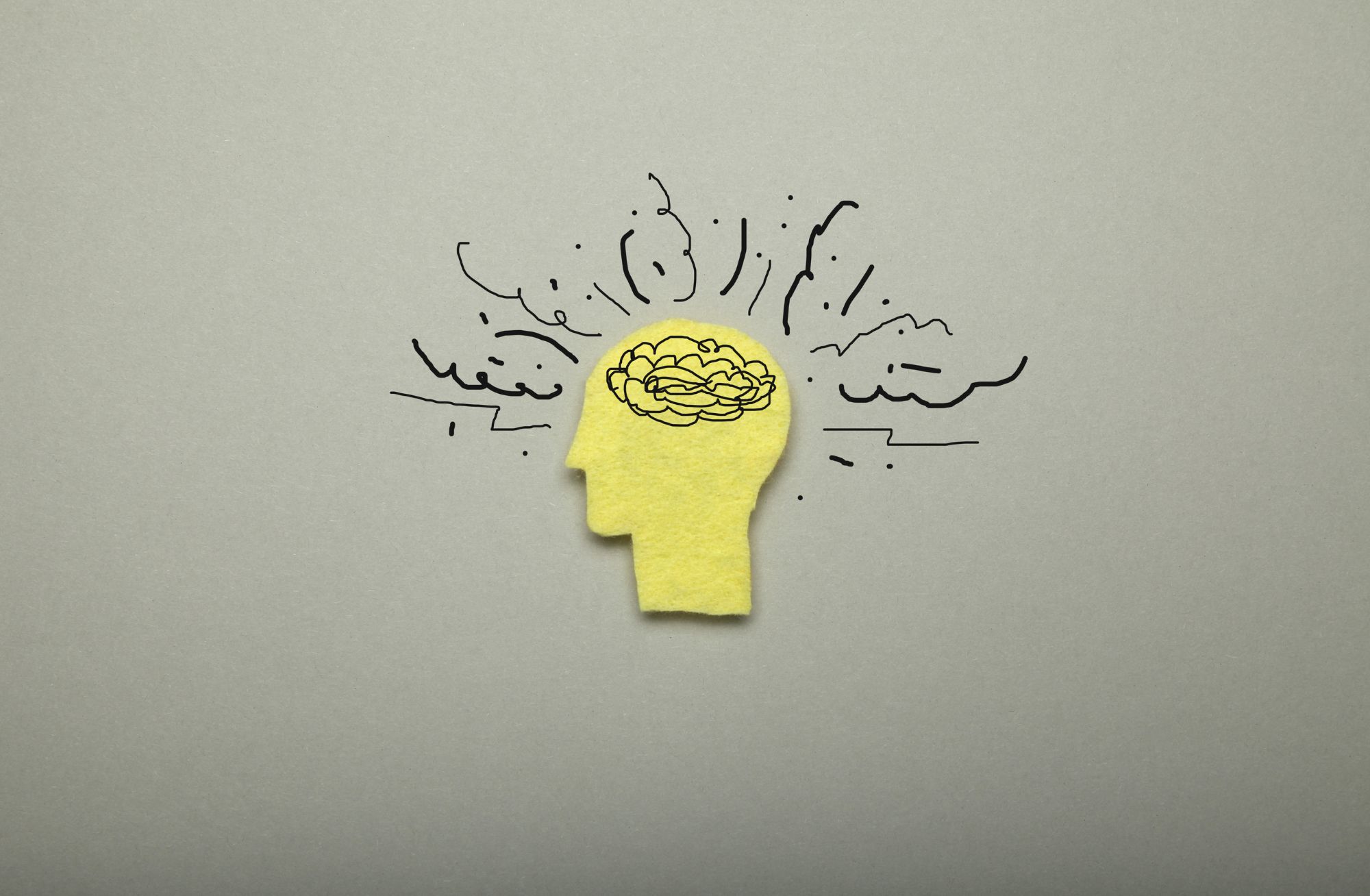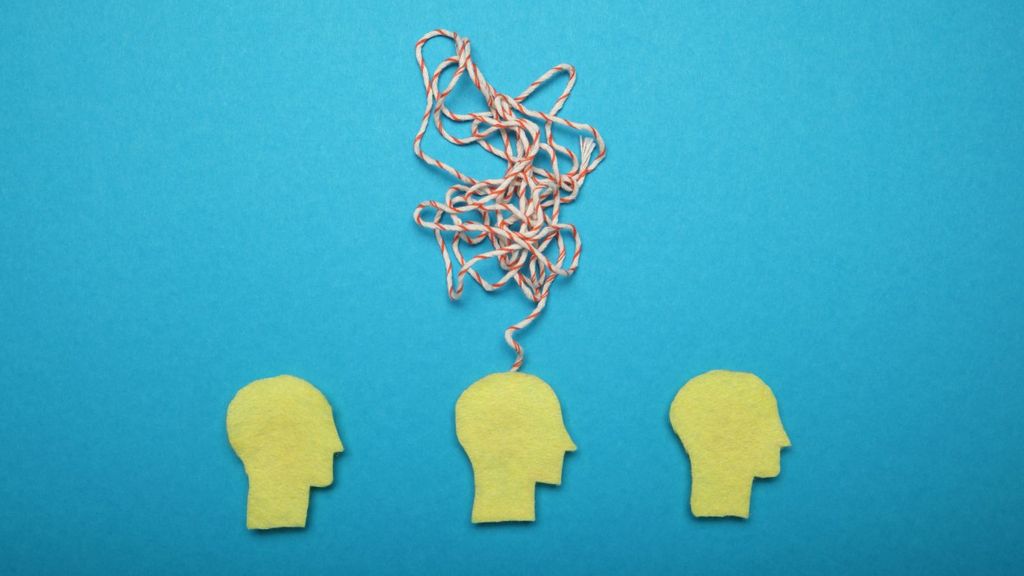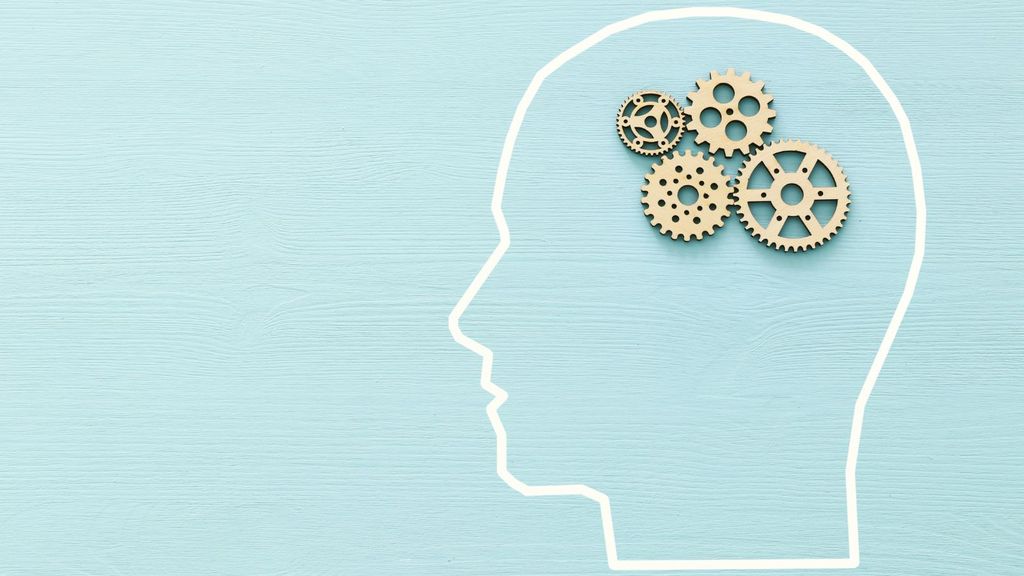Is It ADHD? Resources if You Have a Hard Time Staying Focused

Is It ADHD? Resources if You Have a Hard Time Staying Focused
Help is available if you need it
Awareness of ADHD (attention deficit/hyperactivity disorder) in college students is increasing, with the number of college students with ADHD currently at about 11.6 percent of the student body as opposed to around 2 percent 20 years ago. Still, it can be hard to tell what symptoms might look like in adults and what resources might be available at BU. Here’s a guide to help.
What are some signs of ADHD in college students?

Some students might have more inattentive symptoms, while others might have more hyperactivity and impulsivity behaviors. Still others might have a combination of both.
Students with inattention might struggle with:
- Organizing tasks, managing time, and meeting deadlines
- Listening and following through on instructions
- Paying attention to detail—this may lead to making careless mistakes
- Sustaining attention in longer tasks and fun activities and/or avoiding tasks that require sustained mental effort
- Maintaining focus—students might get easily distracted by unrelated stimuli
- Remembering daily activities like attending appointments or returning messages; keeping track of necessary items like keys or wallets
Students with hyperactivity might struggle with:
- Feeling restless or driven by a motor, often manifested in fidgeting or discomfort sitting still in classroom settings—this can also be experienced as racing thoughts
- Controlling volume during leisure activities
- Talking excessively
- Waiting their turn—in conversations, this might lead to interrupting others or blurting out responses
If this sounds like you…what are some next steps?

First, this is not an exhaustive list or a diagnostic tool. It’s also important to remember that troubles with focus aren’t always caused by ADHD. Anxiety, depression, sleep deprivation, and many other issues can also make it hard to concentrate. Whatever the root cause, if these challenges are impeding your daily life, relationships, or academic success, you might want to consider getting an evaluation through Student Health Services (SHS) or another mental health provider.
Here’s how to get started at SHS:
- First, you’ll want to schedule an initial 20-25 minute evaluation with a clinician, either by calling 617-353-3569 or using Patient Connect (select Appointments, then Schedule Appointment, then Mental Health).
- After your initial evaluation, you’ll be given the opportunity to pursue a more in-depth assessment on campus or in the Boston area. If you decide to get care at SHS and your provider determines that an inattention assessment for ADHD is needed, both you and your parent or guardian will fill out separate packets of information. You’ll then be scheduled for an evaluation with a clinician to review this paperwork and to assess your symptoms.
- Assessing clinicians will recommend treatment options based on these evaluations. Treatment options often include individual and group counseling and medication.
At SHS, your assessment and counseling are free if you’re a full-time student (regardless of insurance) or a part-time student with SHIP (BU’s Student Health Insurance Plan).
Resources at BU
There are lots of tips and tricks that help with focus. Here are a few resources on campus that can help you:
- Educational Resource Center
- The ERC is your one-stop-shop for all academic resources. Sign up for free peer tutoring for specific classes, schedule a one-on-one Academic Skills Advising appointment with a professional, or minimize distractions by using the ERC’s list of quiet study spaces on campus.
- Disability and Access Services
- Email access@bu.edu for general inquiries, or call 617-353-3658 to set up an appointment. You can also submit a request for accommodations using this form (you’ll also have to attend an appointment to discuss the form).
- SHS Behavioral Medicine Groups
- Behavioral Medicine offers a support group for students seeking help for focus and attention challenges—as well as groups for many other concerns. To sign up, send a message via Patient Connect to “Groups & Workshops,” and include the name of the group you’d like to join in the message.
Other tips, tricks, and tools for adult ADHD
- Class-Friendly Fidget Toys
- There’s any number of stress balls or thinking doughs out there, but for a super financially accessible and convenient option, you can’t go wrong with a good ball of Play-Doh! Here’s a DIY recipe, or find it on campus at Target.
- More favorites are Crazy Aaron’s Thinking Putty (order online or find it in store at Henry Bear’s Toy Store in Brookline) and these Serenilite hand therapy stress balls of different densities.
- There’s any number of stress balls or thinking doughs out there, but for a super financially accessible and convenient option, you can’t go wrong with a good ball of Play-Doh! Here’s a DIY recipe, or find it on campus at Target.
- Rings are also a quiet, discreet option for a lecture hall or professional setting, like this quiet fidget toy or these spiked sensory rings.
- Time Timer
- One of the main things people with ADHD struggle with is time blindness. If you find yourself constantly running late or struggling to meet assignment deadlines, you might want to try using visual aids like the Time Timer, which uses a color block design to count down how much time you have left to complete a task.
- Special Alarms
- Another issue students with ADHD might struggle with is transitioning between tasks—you might feel “stuck” doing one activity even when you want to move to another. Setting alarms can help with those transitions, but if you find yourself hitting snooze too many times, you might want to try a more disruptive alarm like Wake N Shake, which requires you to vigorously shake your phone to turn off the alarm, or Alarmy, which gives you different missions (take 20 steps, do 10 squats, solve a few math problems, etc.) to complete before shutting off.
- Playlists
- There are any number of Focus or Hyperfixation playlists out there designed specifically for people with ADHD—find the one that works best for you. If you want a more relaxing playlist to calm down and feel more grounded, try Brainspotting.
- Other helpful apps:
- If you’re feeling overstimulated or want to start practicing mindfulness and meditation, Headspace is an amazing tool—and, as BU students, we get it for free! Here’s more information on the app and directions on how to access the premium version using your BU login.
- LifeAt Spaces, a website with over 500 virtual study spaces. Each space includes tabs for setting a study timer; writing to-do lists or updating a calendar; and creating the perfect blend of study sounds (delta waves, lava, cafe—take your pick). You can even send an invite link to friends and have them virtually “join” your space via video chat if peer pressure helps you stay on task.
- Forest pushes you to stay on task by growing a tree while the app is open; if you switch apps, the tree will die.
Comments & Discussion
Boston University moderates comments to facilitate an informed, substantive, civil conversation. Abusive, profane, self-promotional, misleading, incoherent or off-topic comments will be rejected. Moderators are staffed during regular business hours (EST) and can only accept comments written in English. Statistics or facts must include a citation or a link to the citation.